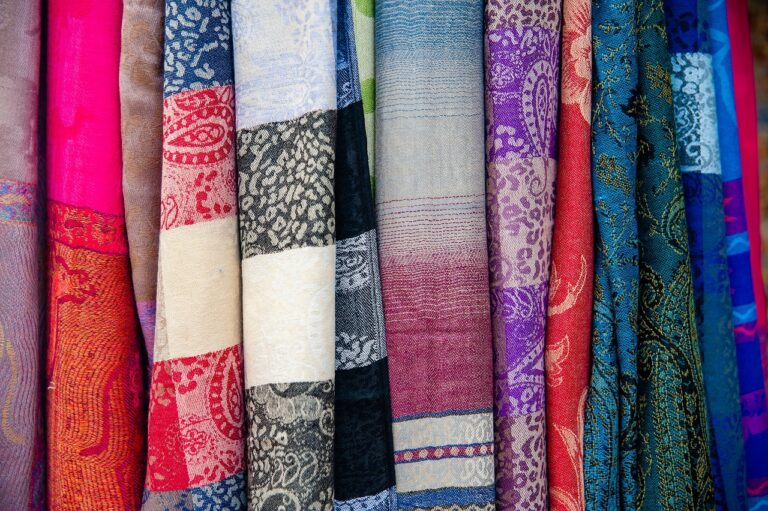The Future of Sustainable Packaging: Biodegradable Materials, Compostable Options, and Zero-Waste Solutions
The packaging industry is facing numerous challenges in today’s highly competitive market. One of the key challenges is the increasing awareness and demand for sustainable packaging solutions. Consumers are now more environmentally conscious and are leaning towards products that are packaged using eco-friendly materials. This shift in consumer preferences has put pressure on companies to adopt more sustainable practices in their packaging processes.
Another challenge plaguing the packaging industry is the need for improved technology and innovation. With the rise of e-commerce and online shopping, there is a growing demand for packaging solutions that can protect products during transit while also being cost-effective. Companies are constantly striving to find ways to improve packaging designs, materials, and techniques to meet the evolving needs of the market. Balancing functionality, aesthetics, and sustainability is a constant struggle that packaging companies must navigate to stay competitive in the industry.
Innovative Alternatives to Traditional Packaging
In recent years, the packaging industry has seen a shift towards innovative alternatives that are more sustainable and environmentally friendly. One such alternative gaining popularity is edible packaging, made from natural ingredients like seaweed or starch. Edible packaging not only reduces waste but also provides a unique and eco-friendly solution to single-use plastics.
Another innovative alternative is flexible packaging made from biodegradable materials such as plant-based plastics or compostable films. These materials offer the same convenience and functionality as traditional packaging but with the added benefit of being biodegradable, reducing the environmental impact of packaging waste. As consumers become more conscious of their environmental footprint, these innovative alternatives are paving the way for a more sustainable future in the packaging industry.
Benefits of Using Biodegradable Materials
Biodegradable materials offer a sustainable solution to the environmental issues posed by traditional packaging. By using materials that can naturally decompose, we can significantly reduce the amount of waste that ends up in landfills or pollutes our oceans. This not only helps in minimizing our carbon footprint but also contributes to preserving our ecosystem for future generations.
Furthermore, the use of biodegradable materials can lead to a decrease in the dependency on non-renewable resources such as fossil fuels. This shift towards eco-friendly packaging options promotes a more circular economy, where resources are reused and recycled to create a more sustainable production cycle. Overall, the benefits of using biodegradable materials extend beyond environmental conservation, positively impacting both businesses and consumers in the long run.
What are some challenges in the packaging industry?
Some challenges in the packaging industry include pollution from non-biodegradable materials, increasing landfill waste, and consumer demand for more sustainable options.
What are some innovative alternatives to traditional packaging?
Some innovative alternatives to traditional packaging include biodegradable materials such as compostable plastics, paper packaging, and biodegradable packaging peanuts.
What are the benefits of using biodegradable materials in packaging?
Using biodegradable materials in packaging helps reduce environmental impact, decrease waste in landfills, and promote a more sustainable approach to packaging. Additionally, biodegradable materials are often made from renewable resources and can be composted after use.







